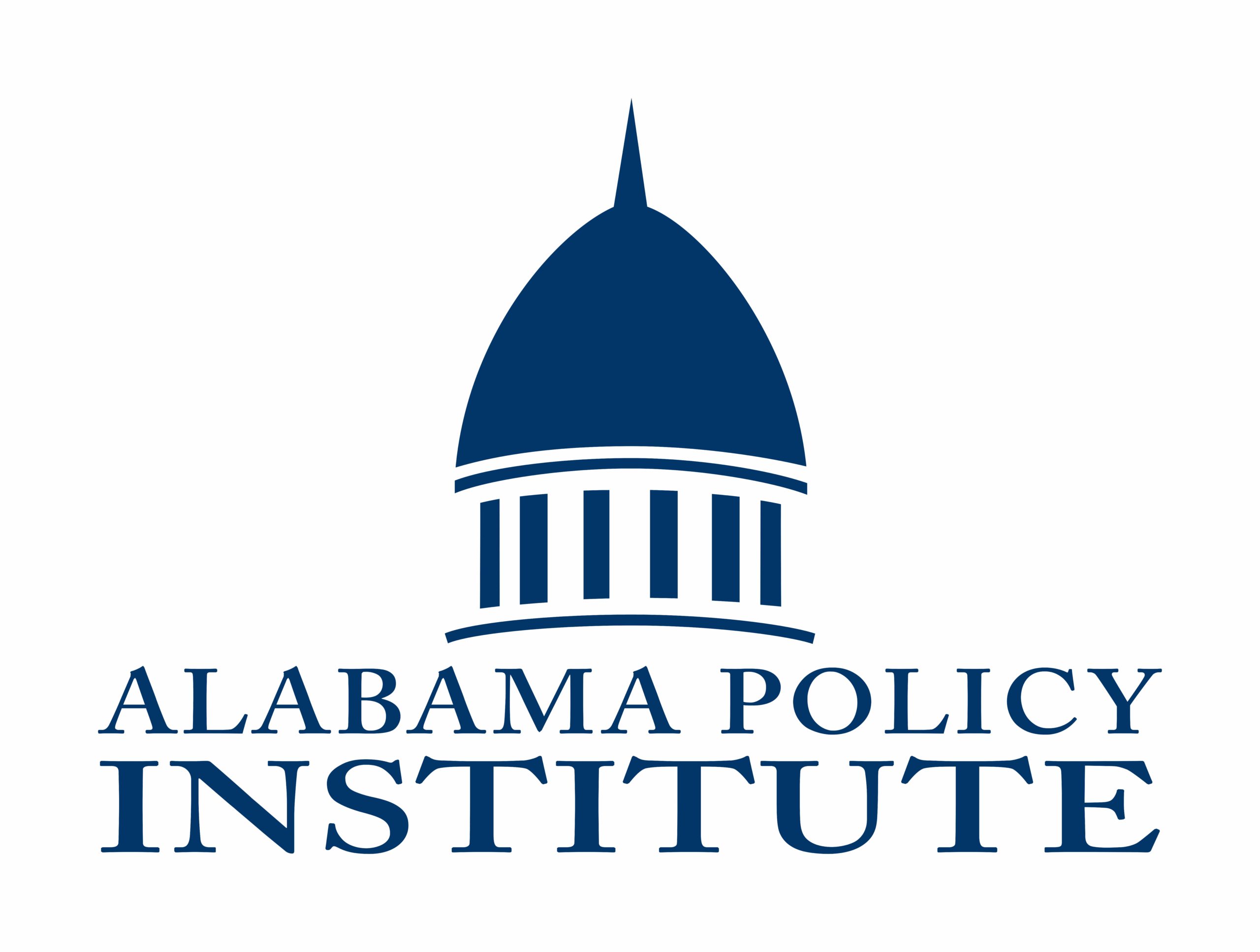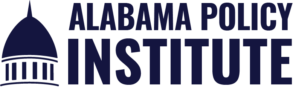Educational Freedom
Who knows what’s best for children – their parents or government?
API believes the answer is simple and foundational: their parents.
One of the three tenets of the Alabama Policy Institute’s mission is to promote and defend families as the primary foundation to society. Therefore, School Choice initiatives that acknowledge and strengthen the role of parents in their innate responsibility to educate and raise their children are a priority for API. Regardless of the tools involved, the ultimate goal of school choice is to give parents agency to educate each of their children as they see fit. Further, the re-introduction and expansion of free-market principles have and will continue to improve the station of education in our state. Where there is competition and innovation, there is success; where there is governmental interference and control, there is stagnation. API believes that universal school choice is paramount to ensuring that every child in Alabama has a chance to flourish. API believes that applying free market principles to public, private, and home education opportunities will open new avenues for success in all areas of education.
School choice allows taxpayer funding for public education to follow each student to whatever educational services best fit their needs for each year —whether those needs are filled at a public school, private school, charter school, homeschool, through tutoring, or any other learning environment that their families choose.
Education isn’t a one size fits all approach for every child. Limiting student educational opportunities to zip codes is a limited way of thinking. Many public schools are a great fit for a lot of kids. However, school choice enables parents, rather than state government, to make the best educational decisions for each of their children.
School choice has been around for nearly 150 years. Vermont’s program has served families since 1869. In 1991, Wisconsin became the first state to create a modern school voucher program.
This past summer Arizona became the gold standard for educational freedom. With the creation of an Empowerment Saving Account, Arizona students in all income brackets who choose to opt out of the public school system are provided $6,500 that can be used to cover any sort of school-related expense, including private school tuition, online school, homeschool, school material expenses, private tutoring, and other approved expenses.
The Parent’s Choice Act, offered in the 2022 regular session, would have offered families over $5,000 per student to use for charter schools, homeschooling, public or private school tuition and other approved expenses through an Education Savings Account administered by the Alabama State Treasurer.
It is a common misconception and tactic from those who oppose school choice to accuse advocates of wanting to harm public schools. The theory is that if students are able to opt-out of public schools and take their funding with them, those who choose to stay will have less money and fall behind academically. However, that has not been the case in other states where school choice has been implemented. In fact, public schools get to keep a significant portion of money for a student they no longer have the responsibility of educating.
Research shows public school students maintain performance averages, and sometimes improve, because of the increase in competition that school choice programs bring; accountability and competition incentivize public schools to improve to meet students’ needs.
Current School Choice in Alabama
Alabama Accountability Act (AAA)
Alabama's Education Scholarship Program
Charter Schools
Busting School Choice Myths
It is a common misconception and tactic from those who oppose school choice to accuse advocates of wanting to harm public schools. The theory is that if students are able to opt-out of public schools and take their funding with them, those who choose to stay will have less money and fall behind academically. However, that has not been the case in other states where school choice has been implemented. In fact, public schools get to keep a significant portion of money for a student they no longer have the responsibility of educating.
Research shows public school students maintain performance averages, and sometimes improve, because of the increase in competition that school choice programs bring; accountability and competition incentivize public schools to improve to meet students’ needs.
Additional School Choice FAQs
School choice allows taxpayer funding for public education to follow each student to whatever educational services best fit their needs for each year —whether those needs are filled at a public school, private school, charter school, homeschool, through tutoring, or any other learning environment chosen by the family.
Education isn’t a one size fits all approach for every child. Limiting student educational opportunities to zip codes is a limited way of thinking. Many public schools are a great fit for a lot of kids. However, school choice enables parents, rather than state government, to make the best educational decisions for each of their children.
More than 150 years! School choice has served families since Vermont’s program first opened in 1869. In 1991, Wisconsin became the first state to create a modern school voucher program.
This past summer Arizona became the gold standard for educational freedom. With the creation of an Empowerment Saving Account, Arizona students in all income brackets who choose to opt out of the public school system are provided $6,500 that can be used to cover any sort of school-related expense, including private school tuition, online school, homeschool, school material expenses, private tutoring, and other approved expenses.

